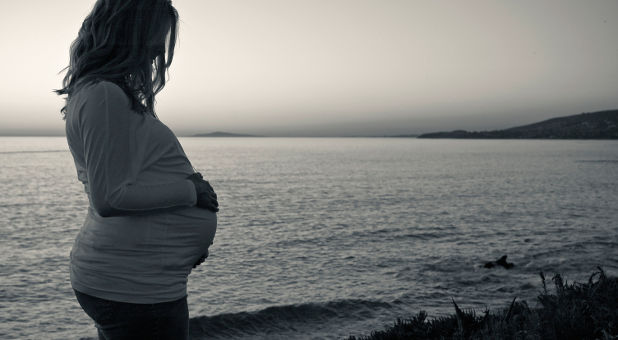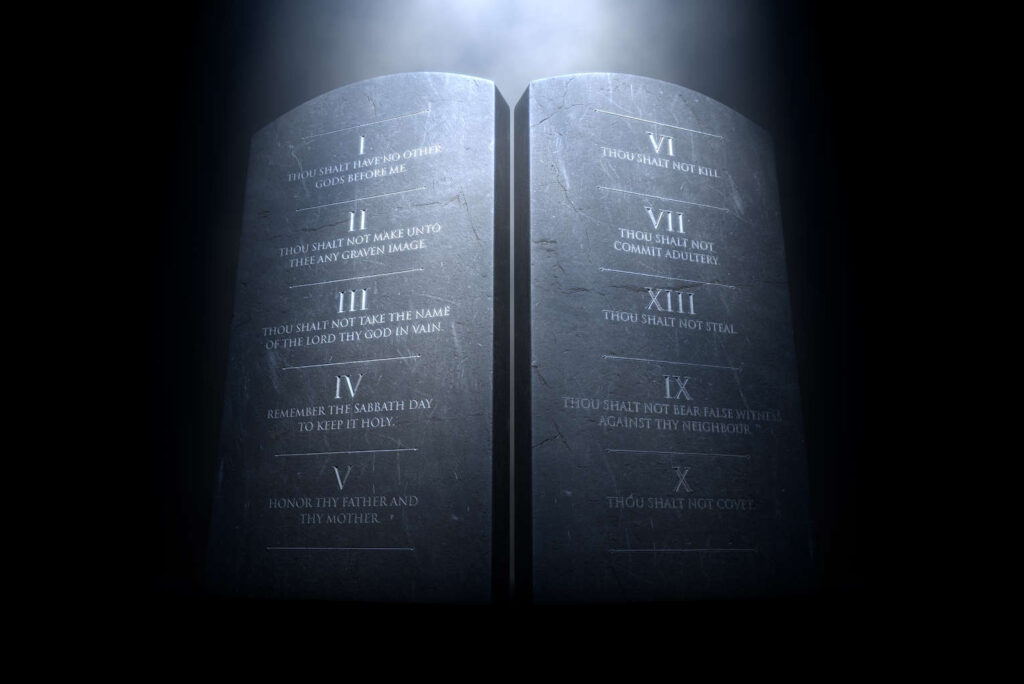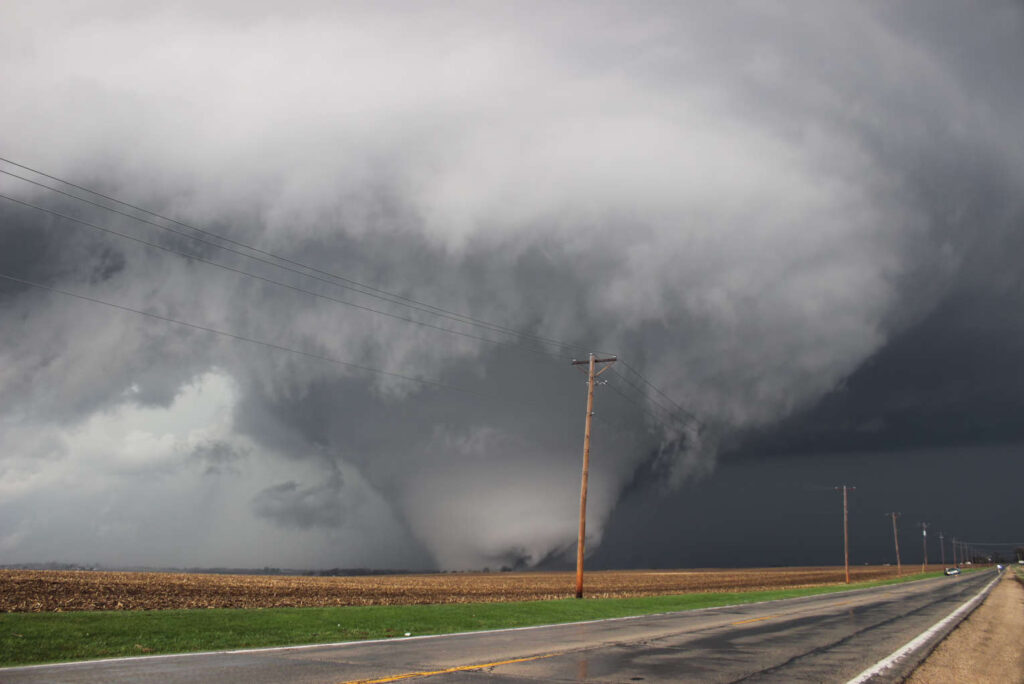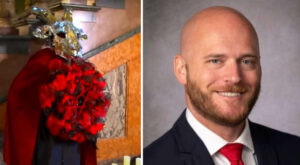U.S. Supreme Court justices raised questions on Wednesday about the scope of a Massachusetts law ensuring access for patients at abortion clinics, making it likely they will strike it down as unconstitutional as anti-abortion protesters have demanded.
Anti-abortion protesters have challenged the law, saying it violated their freedom of speech rights under the First Amendment of the U.S. Constitution by preventing them from standing on the sidewalk and speaking to those entering clinics.
A majority of the justices at times expressed concerns during a one-hour argument before the high court that the blanket 35-feet no-entry zone around clinics is overly broad.
One of the main concerns raised by justices was the 2007 law does nothing to distinguish between protesters seeking to disrupt a clinic’s work and people who say they wish to quietly counsel women and try to persuade them not to have abortions.
It is not clear if the court would have the votes to go further than striking down the Massachusetts law and possibly overturn a 2000 Supreme Court precedent that upheld a similar buffer-zone law in Colorado.
Of the current nine justices, five were on the bench when that case, Hill v. Colorado, was decided.
The Massachusetts law was enacted in part because of safety concerns highlighted by violent acts committed against abortion providers in the past. In 1994, two abortion clinic workers were killed outside a clinic in Brookline, Mass.
Among those critical of the Massachusetts law was Justice Elena Kagan, from the liberal wing of the court. At one point she noted the Massachusetts law “does have its problems.”
Her main concern appeared to be the 35-feet length, which she seemed to think was too broad.
Kagan’s remarks, and similar questions from another of the liberal justices, Stephen Breyer, made it appear likely that there are enough votes to at least strike down the Massachusetts law on narrow grounds. That could potentially give the state the opportunity to enact a revised version.
Breyer pressed the state’s lawyer, Jennifer Miller, over ways to distinguish between people who wish to conduct “calm conversations” and those who are more disruptive.
Along similar lines, Justice Anthony Kennedy told Miller, that when enacting laws that restrict one type of speech, “you have a duty to protect speech that is lawful”.
‘Not a Protest Case’
Justice Antonin Scalia in particular seemed sympathetic to the plaintiffs in the case, who he said should not be described as “protesters” because they only desire to speak quietly to women entering the clinic.
“This is not a protest case,” he said. The zone “might not be so bad” if it only addressed protesters, he added. Scalia and Kennedy were both in the minority in the 2000 Colorado case.
Not all the justices appeared as skeptical about the Massachusetts law.
Justice Ruth Bader Ginsburg focused mainly on the history of violence at abortion clinics and previous state efforts to stop disruptions, which the state says had not worked.
She noted the state “doesn’t know in advance” which people encroaching on the buffer zone are likely to be disruptive.
Ginsburg and Breyer were both in the majority in the 2000 case.
Justice Clarence Thomas, who was a dissenter in the 2000 case and would be expected to hold similar views now, did not speak during the argument, as is his custom. Chief Justice John Roberts, who was not on the bench when the earlier case was decided, said nothing as well.
The case specifically concerns people who want to protest outside three Planned Parenthood facilities that offer abortions in addition to other health services for women in Boston, Springfield and Worcester.
Two other states, Montana and Colorado, have similar laws. Municipal ordinances and court injunctions have also been used in various states to create similar buffer zones.
A ruling is expected by the end of June. The case is McCullen v. Coakley
U.S. Supreme Court, No. 12-1168. (Additional reporting by Joan Biskupic; Editing by Will Dunham and Sophie Hares)
See an error in this article?
To contact us or to submit an article



















